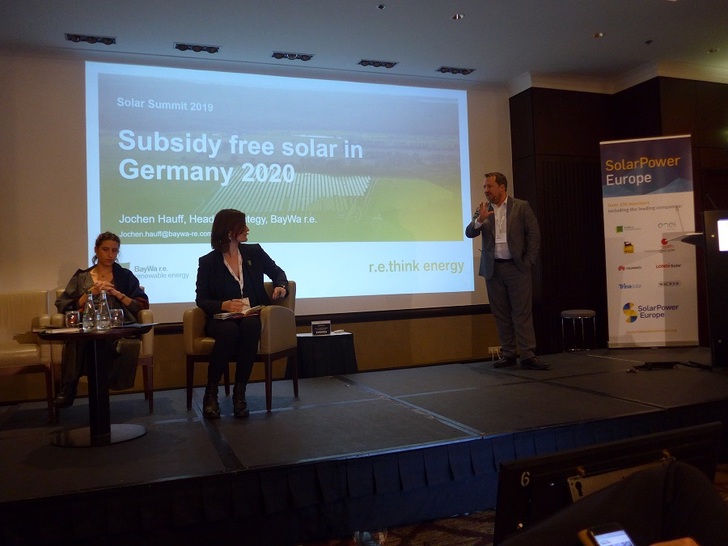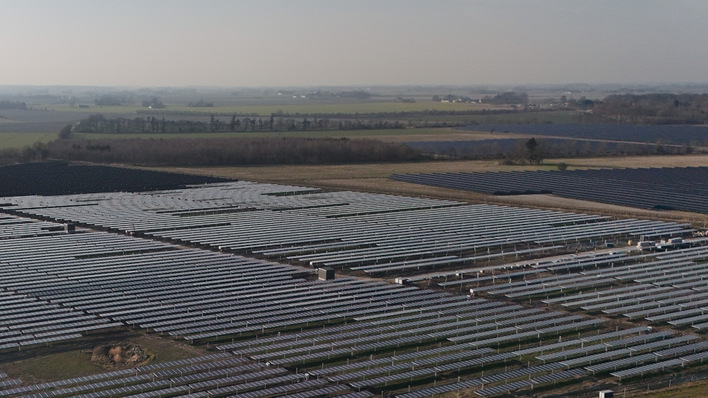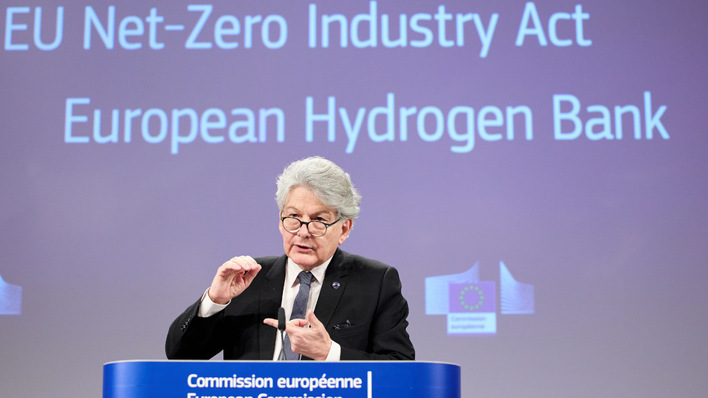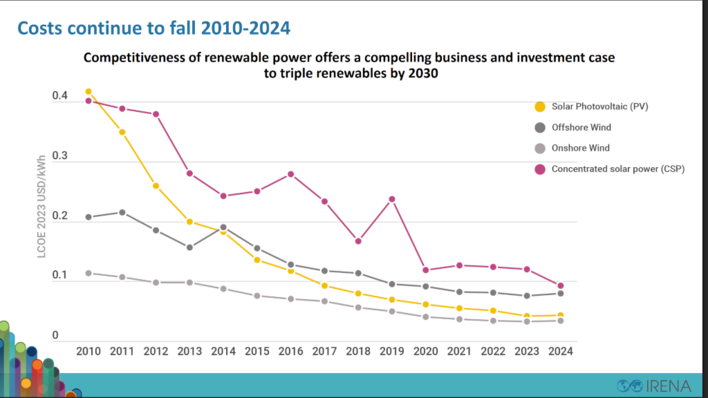Throughout Europe, the financing of new renewable energy plants and their electricity marketing is booming through multi-year purchase agreements, so-called PPAs. For example in Scandinavia, where there are no government-backed tenders for renewable energy plants, or in Spain. Solar PPA projects with an output of more than 2 gigawatts (GW) are currently being developed there, and more than 4 GW throughout Europe. Driving factors for PPAs in Spain are high exchange electricity prices, high solar irradiation and abundant available space, according to discussions at the Solarpower Summit in Brussels this week.
Baywa r.e. realised the largest solar PP project in Spain, the 175 megawatt (MW) Don Rodrigo solar park south of Seville. According to Hauff, the production costs of the solar power there are less than 3 cents per kilowatt hour (kWh). At the end of 2018, the Munich-based company sold the PV park to a Meag Group mandate, Asset manager for Munich Re and Ergo. The electricity is to be marketed to Statkraft through a 15-year power purchase agreement.
Government-backed tenders generally cheaper
For Germany, however, Hauff, is more sceptical about PPAs. "As a rule, the implementation of renewable energy projects via state-guaranteed tenders within the framework of the EEG is more cost-effective," he says. Because the credit risk and the financing costs are higher with PPAs. In addition, subsidized industrial electricity prices, especially for energy-intensive large companies, make the profitability of PPAs more difficult.
However, PPAs could also be attractive in Germany for PV plants that have already been written off and whose feed-in tariffs will gradually expire on 1 January 2021, as well as for larger solar installations above the EEG subsidy limit of 10 MW. EnBW and Energiekontor recently concluded a 15-year power purchase agreement for a planned 85 MW solar park in Marlow (Mecklenburg-Western Pomerania). EnBW had already announced its intention to build a subsidy-free 175 MW solar park in Brandenburg.
Subsidy-free PV power plants in coalmining areas
Hauff also sees promising opportunities for subsidy-free large PV plants in the 100 to 200 MW range and for hybrid PV-wind-storage plants in former coalmining and conversion areas in Germany. He says that long-term electricity supply contracts with wind and solar parks could also be of interest to medium-sized commercial customers who do not benefit from various electricity subsidies such as large-scale industry. (HCN)
Stay informed, get our free newsletter twice a week. Register here
More useful information
https://www.pveurope.eu/News/Markets-Money/European-solar-optimism
https://www.pveurope.eu/News/Markets-Money/Giants-join-European-RE-Source-Platform
https://www.pveurope.eu/financing/baywa-re-enters-italian-energy-trading-market








